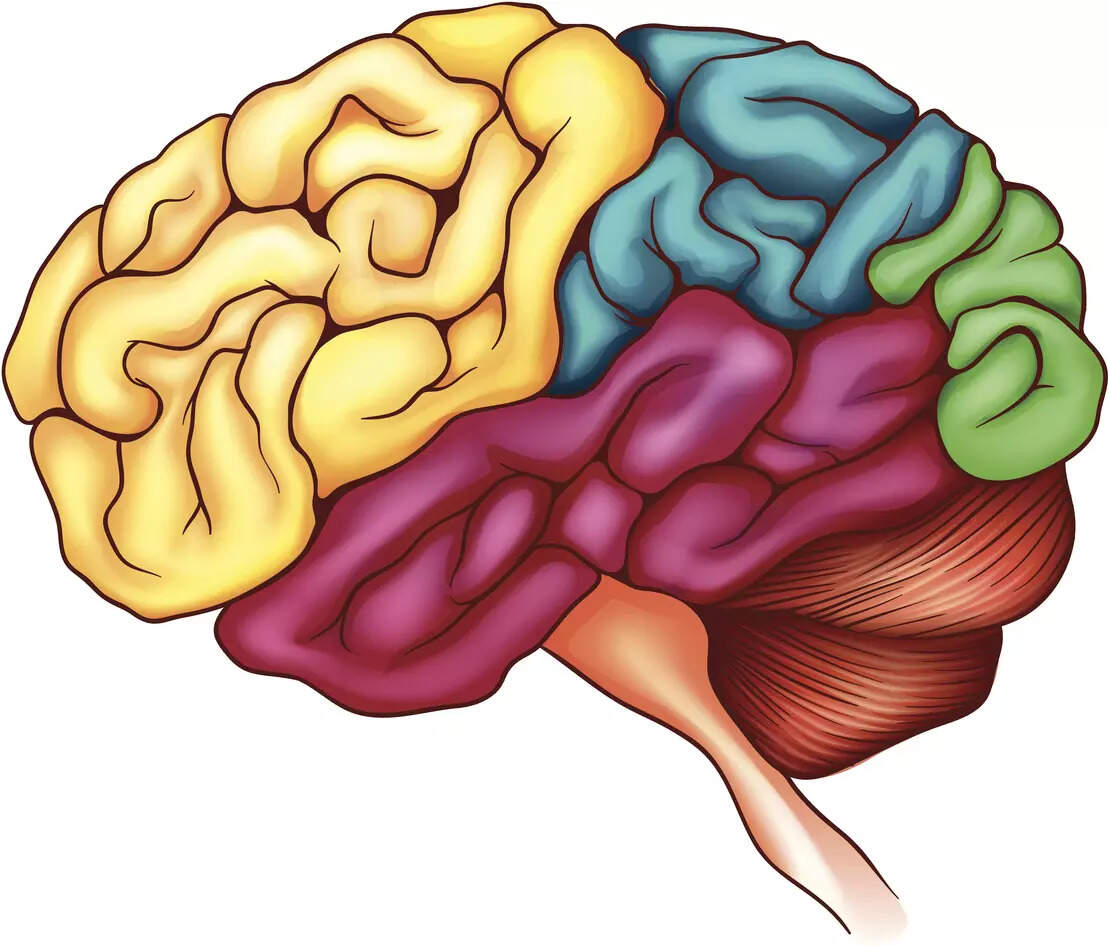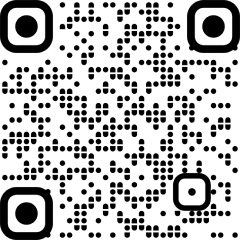[ad_1]

New Delhi: Studying a group of people with an affected ability to process emotions, researchers found a brain region that regulates generous behaviour — the ‘basolateral amygdala‘. Driven by a concern for society, prosocial or altruistic behaviour involves performing actions that intentionally benefit others and include sharing and cooperating.
The basolateral amygdala helps process the emotional part of information received via senses.
Findings of the study, published in the journal Proceedings of the National Academy of Sciences, reveal a biological basis for compassionate behaviour.
The amygdala, located deep within the brain, is a small, almond-shaped structure and plays a central role in processing and regulating emotions.
The researchers from Heinrich Heine University, Germany, looked at a unique set of people in South Africa, suffering from an extremely rare condition — Urbach-Wiethe Disease. A few hundred cases of the disease are known worldwide, with a larger group in Namaqualand in northern South Africa.
People with Urbach-Wiethe Disease differ in their emotional and social behaviour. The condition is known to selectively damage the basolateral amygdala without affecting other brain regions.
Above all, the affected people find it difficult to interpret the emotional aspect of facial expressions, the researchers said.
“These patients represent a quasi-natural experimental environment for questions about prosocial behaviour. In the case of these individuals, exactly those areas of the brain are affected, which are believed to play a key role in compassionate behaviour toward others,” lead author Tobias Kalenscher, head of comparative psychology research team, Heinrich Heine University.
The study’s participants were involved in ‘dictator games’, in which they were asked to share money with close friends, acquaintances, neighbours or strangers.
The people with a damaged basolateral amygdala were found to be selfish when it came to sharing money with those they felt less emotionally connected with.
“The results were clear: Individuals with (basolateral amygdala) damage were just as generous toward people they were close to as healthy control participants. However, as soon as it came to individuals with whom they had less of an emotional connection, they were notably more selfish,” co-author Luca M. Lupken, a doctoral researcher at Heinrich Heine University, said.
We conclude that while the brain region ‘basolateral amygdala’ may not be fundamentally necessary for altruism, it helps regulate how generous one feels towards another, depending on the social distance between them, the authors said.
In the absence of this regulation, the natural tendency to put one’s own well-being first before that of others would dominate, with the affected people tending to act more selfishly.
In such a situation, a strong emotional connection, such as that felt between best friends, can bring about greater generosity, the team said.
[ad_2]

